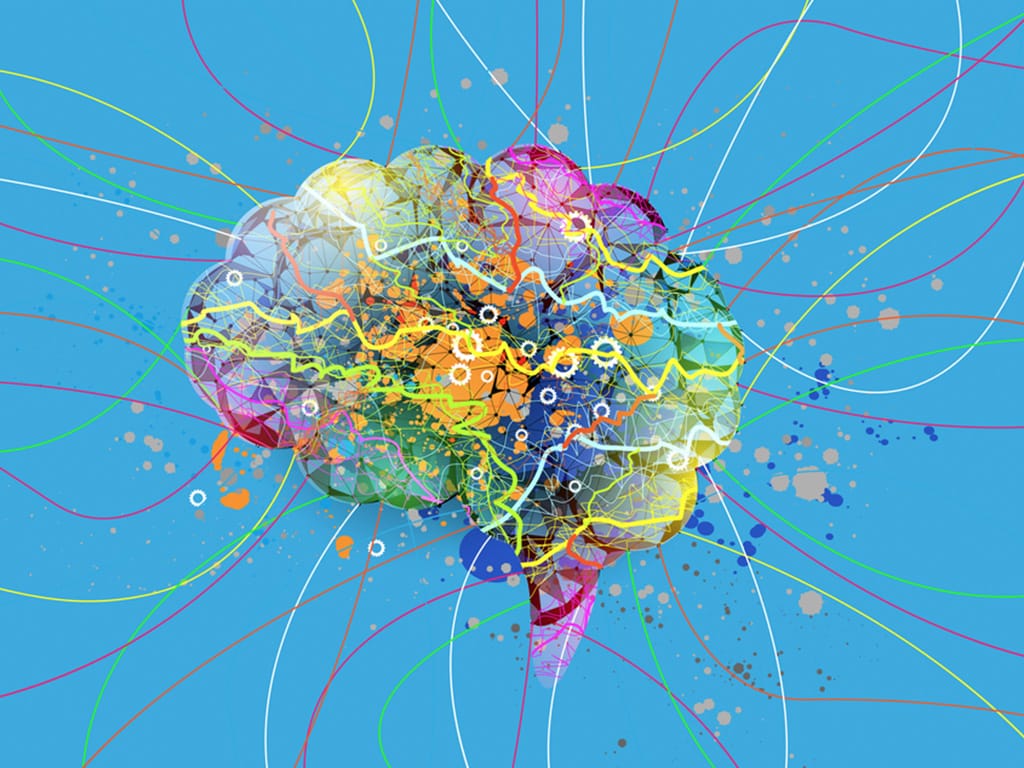Have you ever felt like your brain was out of your control? Like the thoughts and beliefs you are experiencing in response to the events in your life are keeping you in a loop of fear, shame, guilt, and helplessness? If so, you might have experienced trauma. And if so, I’m glad you’re here because this article is all about trauma, how it affects the brain, and, more importantly, how to help your brain heal.
Trauma is an adverse event that exceeds your ability to cope. It is an extremely painful experience that makes you feel powerless and afraid. But trauma isn’t just the event itself: it is also the meaning you make of it and how you interpret the event itself. In other words, you have a worldview before trauma and after the trauma you are forced to restructure that worldview to make sense of the traumatic event. Unfortunately, many times people don’t have the resources/community/safe place to effectively process their experience and the feelings of helplessness that came with it. This forces them to structure the beliefs in their worldview around those feelings of helplessness which ultimately leads to deep shame and unhealthy guilt. Left unchecked, these beliefs based on powerlessness and fear and the shame that encases them become a prison for the trauma survivor that keeps the good out and the pain in.
Your brain is the container for these shame-filled beliefs. One way to picture it is to think of the DFW highway system: a massive amalgamation of intersecting highways, overpasses, access roads, etc. Your brain is like that. It is filled with intersecting super highways called neural pathways where your thoughts travel across your brain. When a traumatic experience happens to you, it’s like a giant yellow excavator comes along unexpectedly in your life and digs a giant trench in your brain that demands to be filled. The trauma makes a dent in your understanding of yourself, others, and the world, and you need to find something to fill that dent with in order to move forward in life. Like pouring concrete into a ditch, you fill that space in your worldview with a belief that helps you make sense of your experience.
For example, let’s say that that belief (based on fear, shame, and powerlessness) is “it’s my fault this happened to me because I didn’t protect myself well enough.” That belief is now a concrete superhighway in your brain that you reinforce over time the more you interpret events in your life through that lens. That’s why a fairly neutral event can become disastrous to you emotionally, because you interpret the event according the neural pathway in your brain that says “bad things that happen are my fault.”
Another way in which trauma can impact that brain is through flight-or-flight and cortisol. Fight-or-flight is your body’s natural response to fear, danger, and trauma: it is a biologically hardwired defense mechanism that activates your amygdala, the part of your brain that perceives fear. Cortisol is your stress hormone that impacts (among other things) the frontal lobe of your brain which is the part responsible for memory making, impulse control, problem solving, and social interaction. When we experience trauma and don’t get a chance to heal, our body continues in a heightened state of high cortisol and continuous fight or flight which severely impacts our frontal lobe and amygdala. This makes it hard for our brain to help us regulate our emotions and make healthy decisions and keeps us in a state of hypervigilance or fear.
The good news is that your brain is INCREDIBLE at healing itself, forming new neural pathways, and working with the body to come out of states of emotional dysregulation and constant fear. It can make new meaning out of traumatic experiences which in turn frees us to respond to ourselves, others, and the world in a more healthy, realistic, and grounded way.
One way to help your brain heal is to pursue trauma-informed therapy. A highly successful type of trauma therapy is Cognitive Processing Therapy. This type of therapy seeks to go back those trenches that trauma dug in our brain and deconstruct the beliefs that we filled those gaps with. It explores the ways you made meaning of the trauma and reprocess those unhelpful beliefs about it so that you can form new neural pathways of belief in your brain, beliefs that are not encased in shame or fear.
Another great way to help your brain heal from trauma is to pursue EMDR therapy. EMDR stands for Eye Movement Desensitization and Reprocessing. It is a type of therapy that uses bilateral (side-to-side) stimulation to help your over-stimulated amygdala to calm down and activates your frontal lobe which is the part that helps you make new meaning out of the traumatic event. It activates both parts of your brain to help you reprocess negative beliefs that came from the trauma and enables you to form new ones.
What I hope you hear from this is that there is HOPE for you and your brain after trauma. We may not be able to avoid experiencing adverse things that cause us pain but we can be proactive in healing, recovering, and helping our brain come back stronger with new neural pathways that allow us to live a joyful, grateful, and meaningful life.
If you think you may need some help navigating trauma, contact one of our wonderful therapists.
Written by Abigail Scallan

